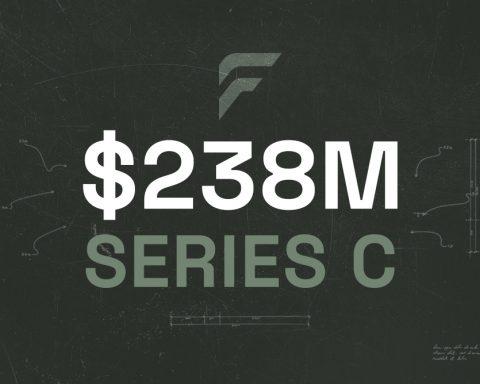In Rwanda’s rural farming areas, where smallholder farmers often have little buffer against pest outbreaks or plant disease, a new agri-tech startup is bringing hope. Smartel Agri Tech, a Kigali-based venture, is deploying solar-powered AI sensors and SMS alert systems to help farmers get ahead of crop threats before they spread.
Smartel was selected in June 2025 as one of 15 startups to join the Google for Startups Accelerator Africa program. According to Google, Smartel “helps smallholder farmers in the Global South get ahead of crop pests and diseases early using AI-powered, solar-driven devices and SMS alerts.”
From concept to field: How the system works
Smartel’s approach blends hardware, software, and connectivity:
-
Solar-driven sensors / edge devices: The startup designs devices that run on solar energy, enabling deployment in remote, off-grid settings where electricity is scarce.
-
AI image analytics: These devices capture images of crops (leaves, stems, etc.) and run onboard or edge AI models to detect early signs of pests or diseases.
-
SMS alerts to farmers: When the system detects anomalies beyond safe thresholds, it sends text message alerts (SMS) to farmers, advising them to inspect or intervene early.
-
Revenue-sharing / affordability model: Smartel positions its solution to be accessible to low-income farmers by integrating cost-sharing or service models (e.g. subscription, shared ownership) so that smallholder communities can adopt it without prohibitive upfront costs.
According to Smartel’s own website, they lean on hydroponics technology too, and aim to reduce water and land usage, offering climate-resilient food production systems especially in arid zones. While the publicly available information does not yet detail pilot sizes, error rates, or adoption metrics, the startup’s inclusion in the Google accelerator suggests its solution has promise and traction.
Why this matters: Risk, scale, and resilience
Smallholder farmers in Rwanda and across sub-Saharan Africa face persistent challenges. Outbreaks of pests or plant diseases can escalate rapidly, wiping out large shares of yields if not caught early. Many farmers lack access to agricultural extension services, timely diagnostics, or the means to monitor every field frequently. Climate change, shifting weather patterns, and rising pest resistance are compounding pressures on crop resilience.
By embedding AI in the field and delivering actionable alerts via SMS (a technology many farmers already use), Smartel seeks to close the “diagnostic gap” and enable proactive measures. Its solar approach also mitigates reliance on grid power or continuous maintenance. In a broader context, Rwanda itself has been strengthening its push into digital agriculture and precision farming as part of its national strategy.
Challenges & the road ahead
Despite the promise, several challenges remain.
-
Technical robustness in real conditions: AI models must maintain accuracy across varying lighting, crop varieties, and background clutter (soil, weeds, shadows). Devices must be durable (weather, pests, dust) and require minimal maintenance.
-
Connectivity & SMS infrastructure: Some rural areas have weak mobile coverage, which could delay or block alerts. Ensuring that farmers’ phones receive messages reliably (and act on them) is critical.
-
Cost vs. affordability: Even with shared or subsidized models, achieving a price point accessible to subsistence farmers is a balancing act. Long-term sustainability will depend on adoption scale, service revenues, or institutional support (governments, NGOs).
-
Farmer adoption, trust & training: Farmers must trust the alerts, understand what action to take, and have access to inputs (pesticides, biological controls) once notified. Training, extension support, and feedback loops (farmers reporting back) will be important.
-
Scaling & ecosystem integration: To expand beyond pilot areas, Smartel may need partnerships with government agricultural services, cooperatives, input suppliers, or NGOs. Integrating the system with weather forecasts, satellite data, or national pest surveillance systems could enhance coverage and accuracy.
Outlook & implications
Smartel Agri Tech is a noteworthy entrant in Africa’s growing agritech scene. By combining solar energy, AI, and ubiquitous mobile infrastructure (SMS), it is building a pragmatic solution tailored for resource-constrained smallholder contexts.
If successful, the model could enable earlier interventions, reducing crop losses and increasing yields. It could lower risk and increase confidence among farmers, encouraging investment in inputs. The system could also be replicated across multiple countries in the Global South facing similar constraints, and attract impact investors, development agencies, and public sector support to scale.
Its selection in Google’s accelerator is a signal of validation and could help unlock further partnerships, technical support, and funding. In a world where food security and climate resilience are increasingly intertwined, initiatives like Smartel’s could help smallholder farmers shift from reactive to proactive — catching crop threats earlier, acting smarter, and preserving livelihoods.















